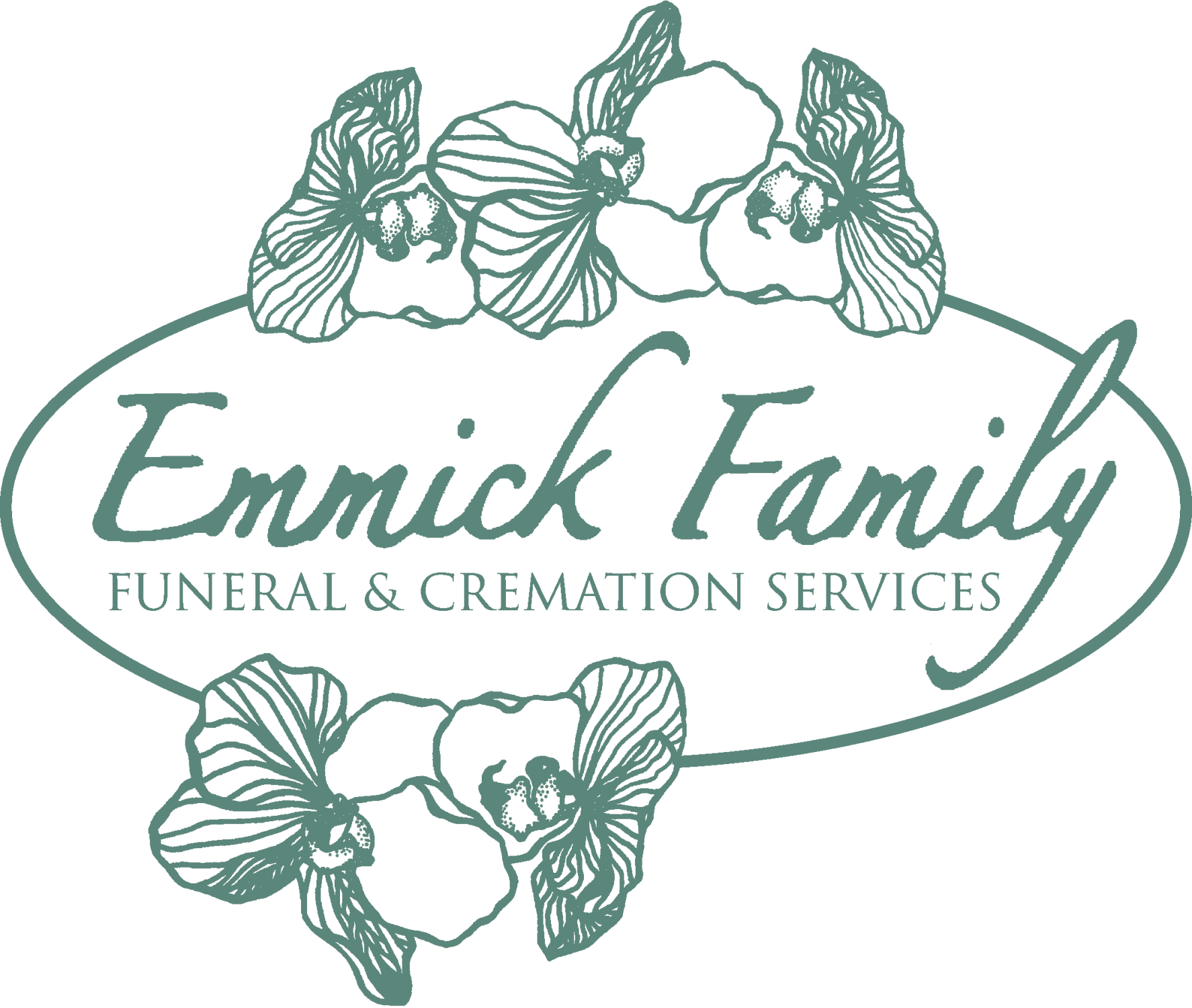Preserve cherished memories
Talk of a Lifetime
Talk of a Lifetime provides families with valuable guidance and practical tools to encourage meaningful conversations about what matters most in life. It helps loved ones share stories, express their wishes, and discuss how they hope to be remembered.

Benefits of Preplanning


This is a paragraph. Writing in paragraphs lets visitors find what they are looking for quickly and easily. Make sure the title suits the content of this text.

Add your title here
Lets Your Wishes Be Known
The death of a loved one often brings about unwarranted stress and turmoil among families. One family member wants one thing, while another family member wants something different. By planning ahead, you help prevent those disagreements by letting your family know what your wishes are and how you want your funeral service to be carried out and your business handled.
Peace of Mind
Our staff guarantees we will carry out the arrangements you want, just as you directed. Once the plans have been arranged, you and your family can rest easy knowing at the time of death, those uncomfortable decisions have been made. In a time when a family should be able to easily grieve, preplanning allows for that to happen.
Flexible Funding Options
When you preplan your funeral arrangements, there are more options when it comes to funding the funeral. A preneed insurance policy, life insurance policy, or other payment options can all be arranged before the time of death. At the time of death, services must be paid in full, so having options ahead of time can also reduce other stress related to losing someone.
Relieves The Burden From Family
Following the death of a loved one, there are more than 150 decisions that have to be made within the first day or two following the death. Those stressful decisions on top of the stress of grieving a loss can be eliminated by arranging your final wishes ahead of time. If those decisions are made, your loved ones aren’t left wondering what you would have wanted and how they should proceed with funeral plans. With those decisions out of the way, your loved one can begin the healing process sooner.

Common Questions about Preplanning
What steps are involved in prearranging a funeral?
The first step would be to write down your wishes. Indicate if you would prefer burial or cremation. Write down your ideas for the service you would like, cemetery choice, etc. If you've made those choices, or even if you're unsure, schedule a time to meet with one of our funeral directors who can explain the different service options, merchandise choices, as well as the different ways to pay for the funeral.
What information do I need to prearrange a funeral?
You'll need basic information about yourself or the person you are planning for, such as date of birth, marital status, parent's full names, etc. Besides the biological information, you'll need to choose burial or cremation, what type of service you'd like, what cemetery to use, etc. Our caring staff will help you with this process.
Do I have to pay in advance?
Preplanning is merely making your wishes known; however, most families who do this choose to pre-fund their funeral as well. Doing so will relieve the financial burden on your family and offers peace of mind to you.
Can I transfer my plans to or from another funeral home?
If you have plans at another funeral home and would like to move them here, we will help you do that. If you move from the area and would like to transfer your arrangements to another funeral home, we will assist you with that as well.
The Funeral and Memorial Information Council (FAMIC) created Have the Talk of a Lifetime to help families have important conversations about the things that matter most to them and how a person’s life story can be remembered and honored in a meaningful way. Memorialization is so much more than it used to be. Today it can reflect a person’s life story, values, interests and experiences. Meaningful memorialization can be transformative, healing and comforting. Have the Talk of a Lifetime offers families practical advice and tools to help them have conversations about the things that matter most and how they hope to be remembered when they die and for generations to come.
Why is having the Talk important?
Deep down, most of us want to know that we, in some way, made a difference in this world. Having the Talk of a Lifetime can make the difference of a lifetime. It can help reacquaint us with our loved ones and help us get to know them in a new and different way. Sitting down with your loved ones to talk about their lives can be rich and satisfying. Learning about memorable events and people, places and favorite activities, values and lessons they have learned can help bring us closer to those we care about most. The talk helps us reaffirm to our loved ones how much they have impacted our life.
Who should Have the Talk?
You can have the talk of a lifetime with anyone you hold dear – your parents, children, grandparents, aunts and uncles, a spouse or a friend. It can happen anywhere you and your loved one are most comfortable – over a meal, at home, on a walk, at a family gathering or while playing a game. Your conversation can take place at any time, not just at the end of your life.
How do I start the Talk?
Sometimes, using a visual prompt, such as a photo album, souvenir, or memento, can be a great way to start a conversation. Memorable places, such as the church where your loved one was married or a favorite park can also help someone begin to open up and share their story.
You could share a memory about a vacation you took together and will always remember, a piece of advice that you cherish, a song that reminds you of them or the reasons you will never forget them. You may wish to take notes during or after your conversation, or make an audio recording. You should choose whatever method seems most appropriate and comfortable given the setting of your conversation.
Some questions you could ask to start the talk are:
- What is your proudest achievement?
- What was the one piece of advice you received from your parents or grandparents that you never forgot?
- Tell me about the most memorable summer you had growing up.
- Tell me about your favorite teacher; what did you learn from him or her?
- If you could spend a day doing anything you like, what would it be?
- Who has been your greatest inspiration?


